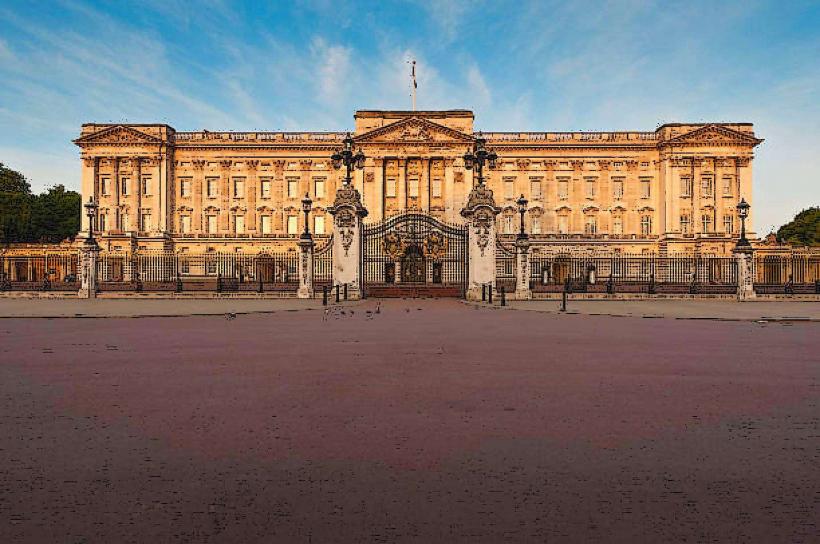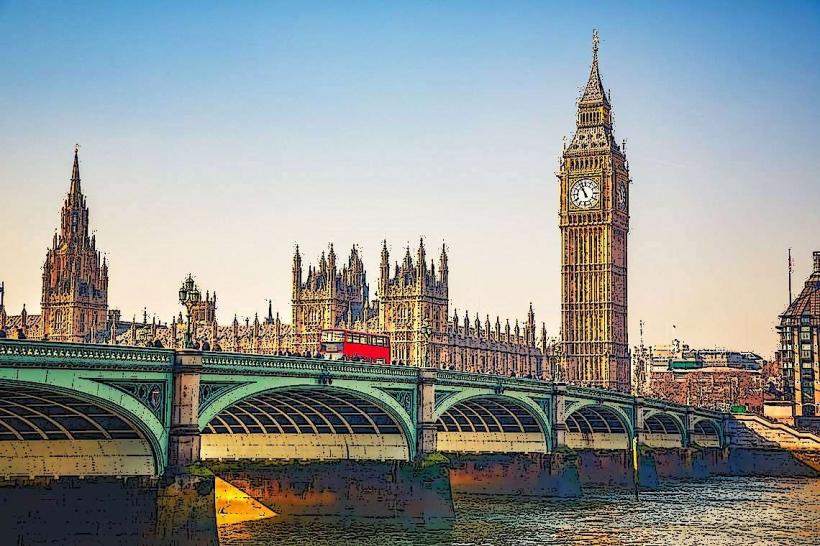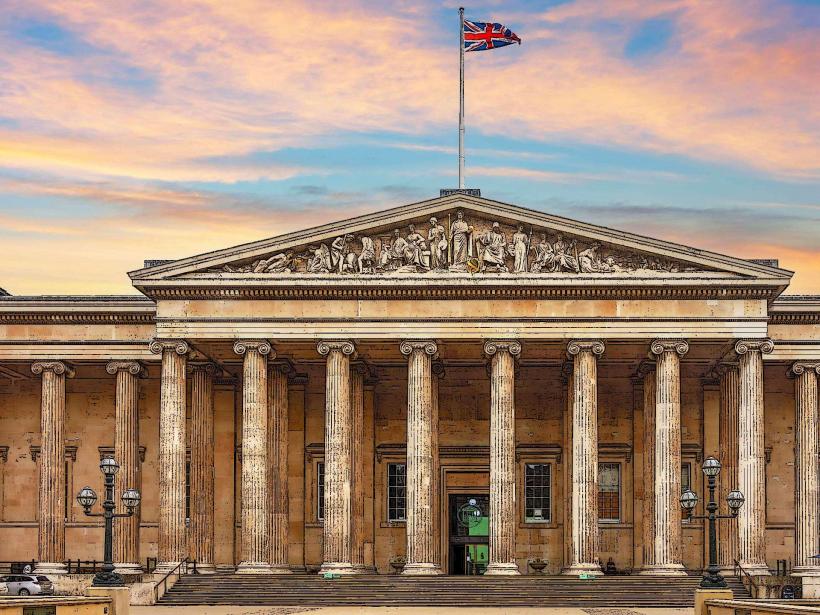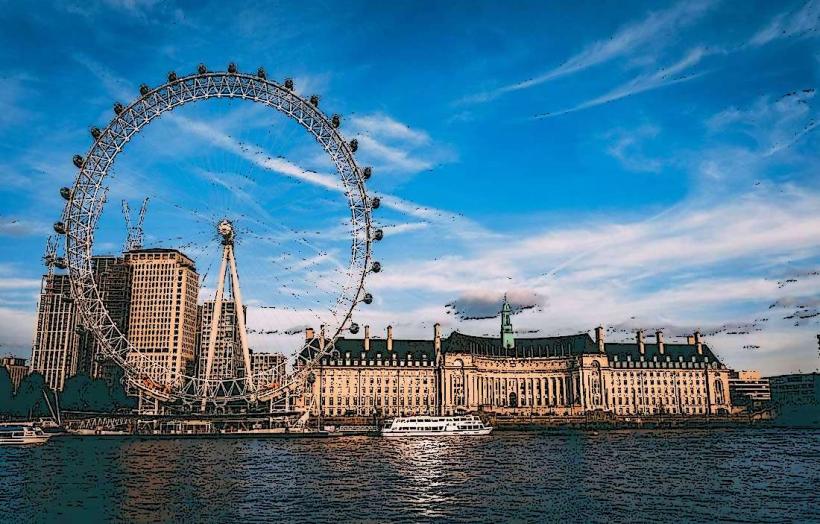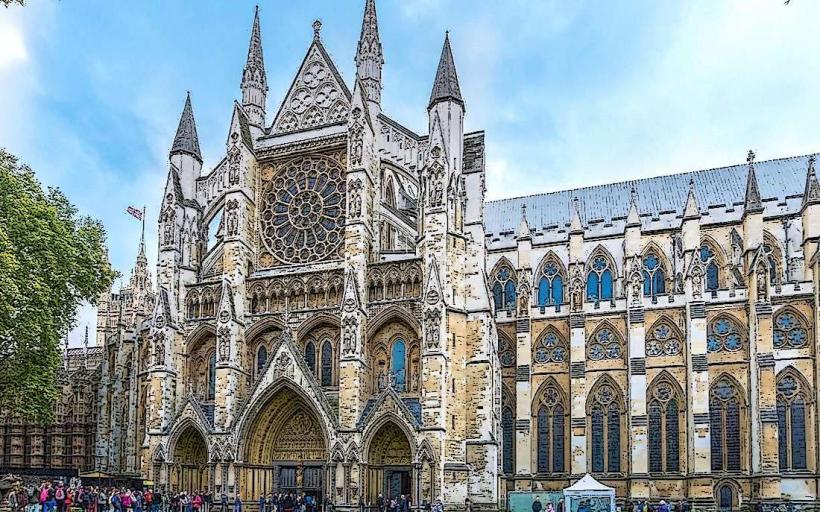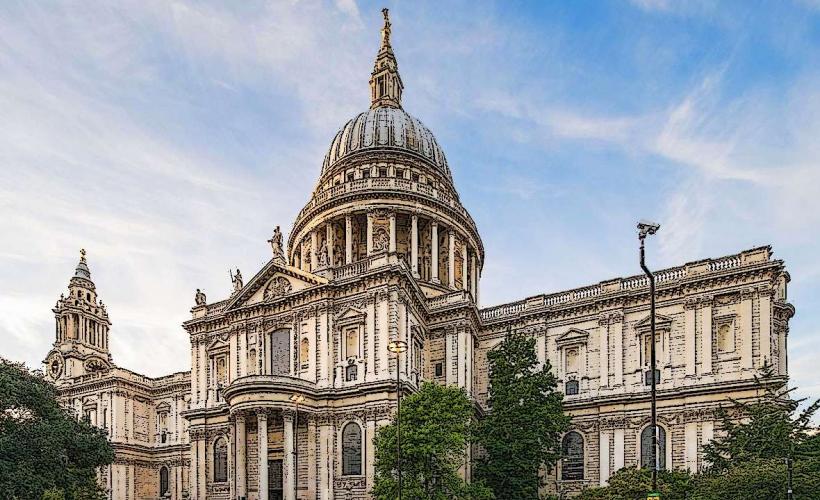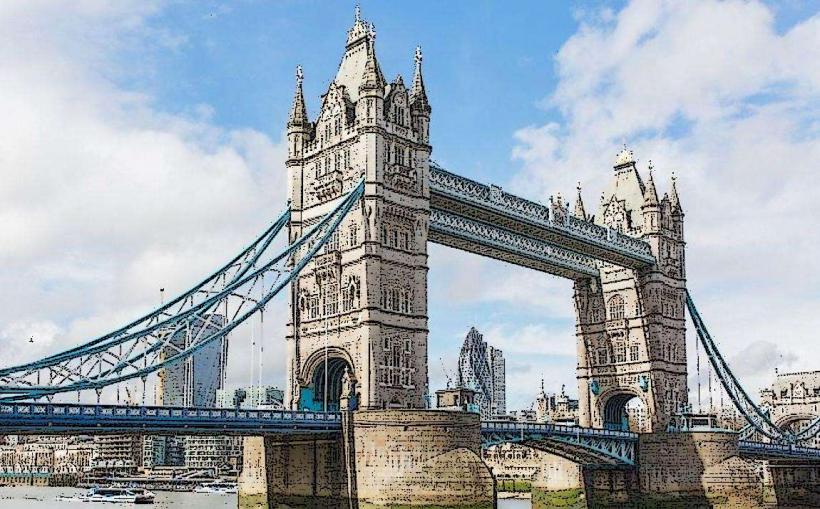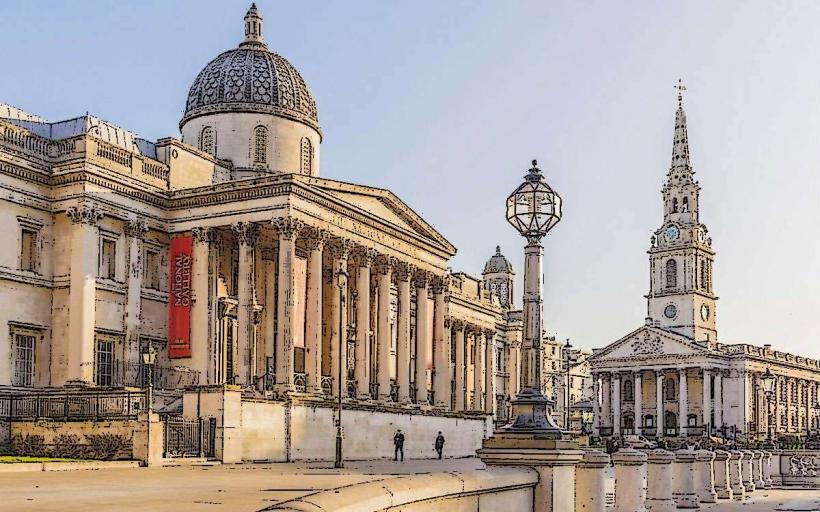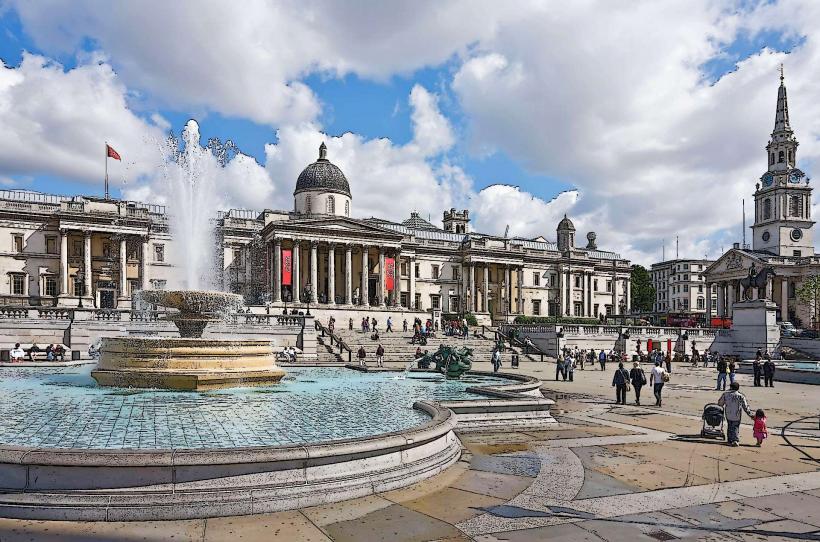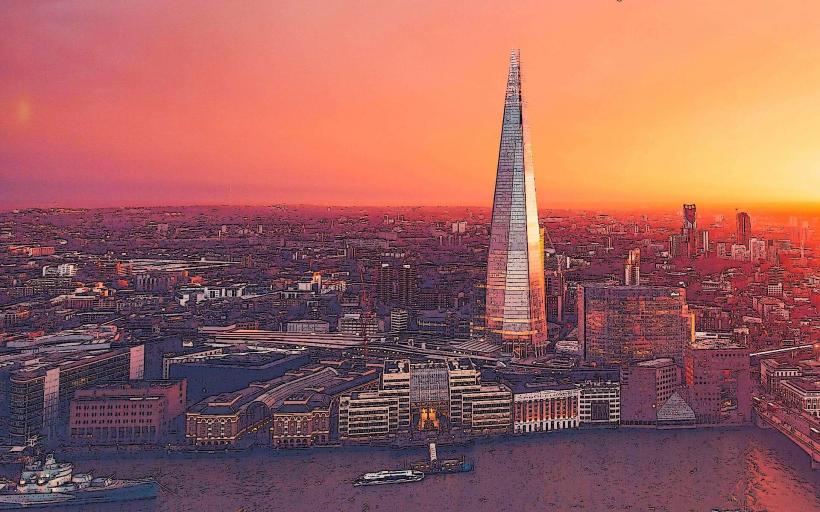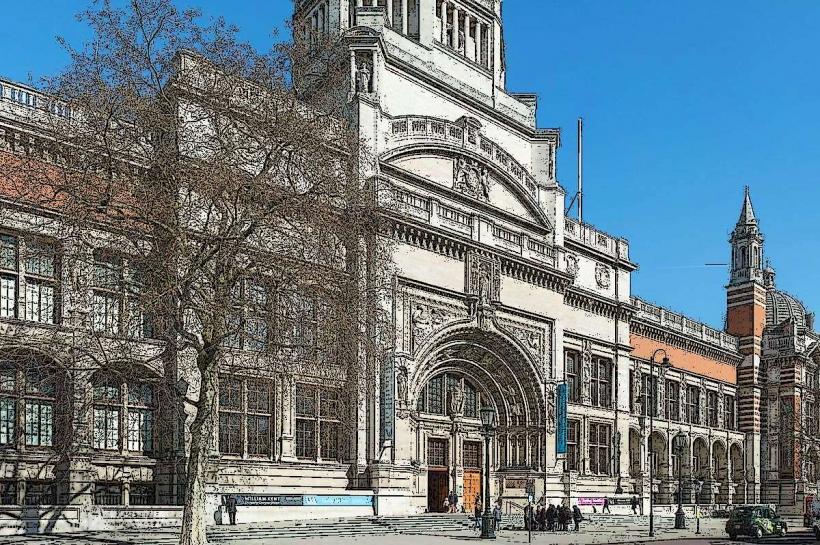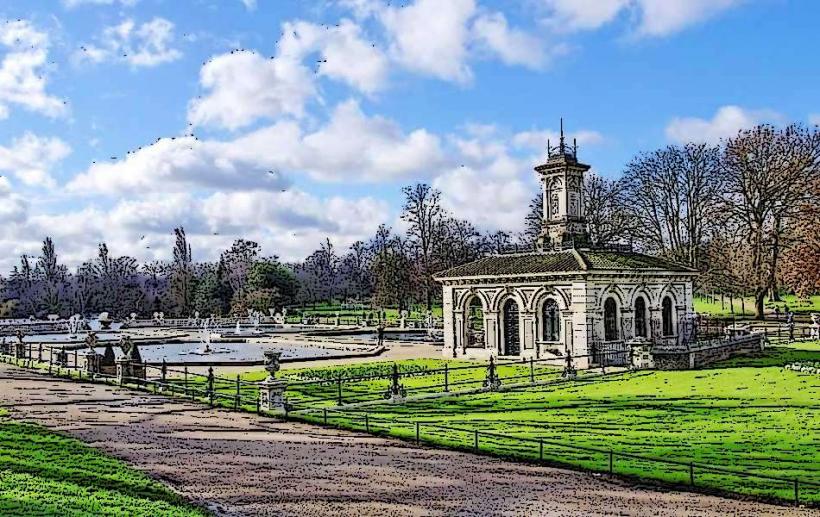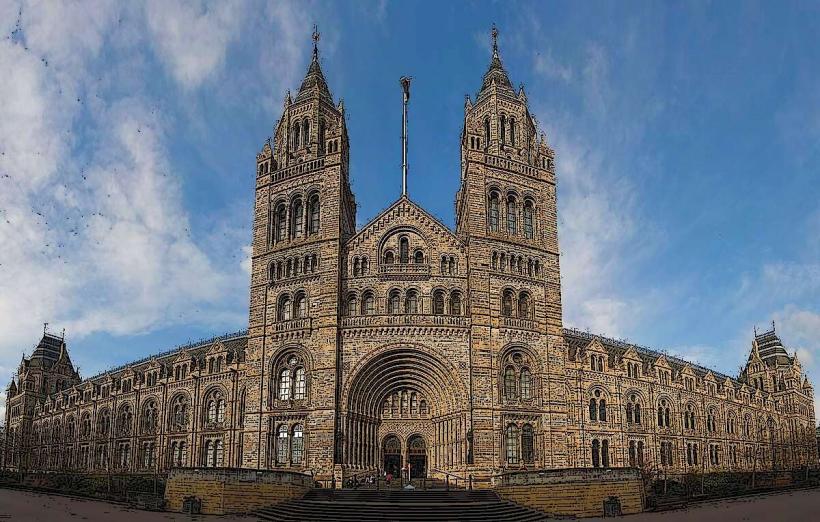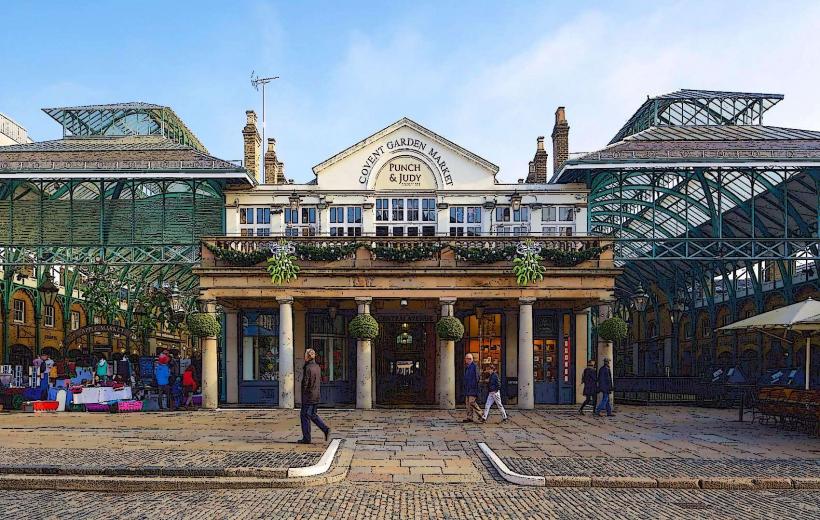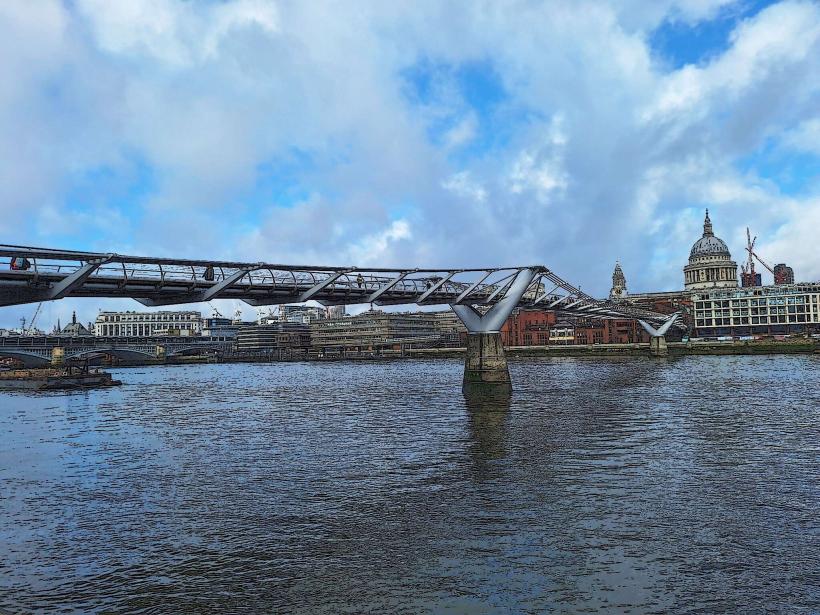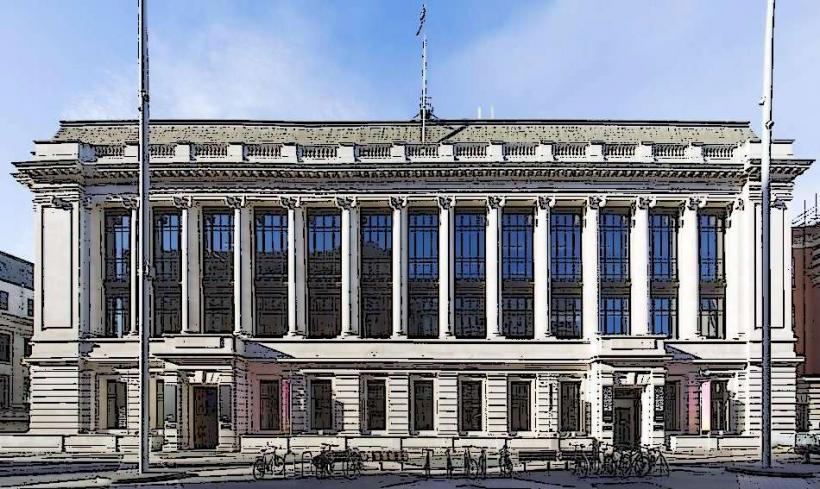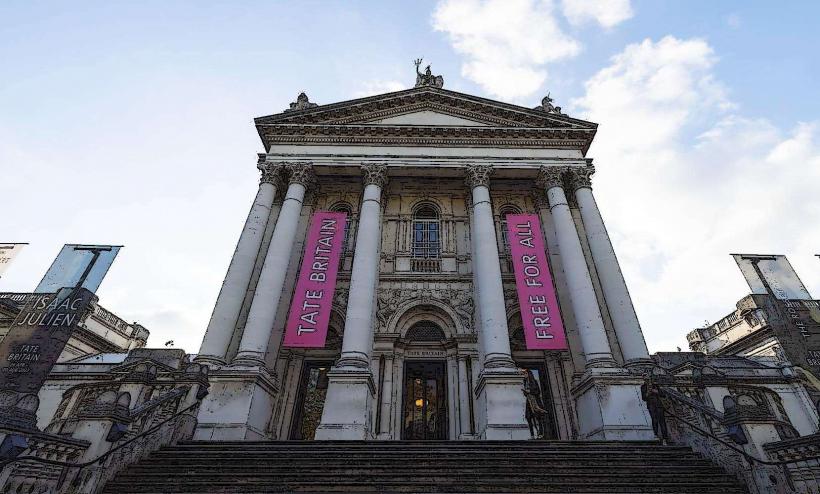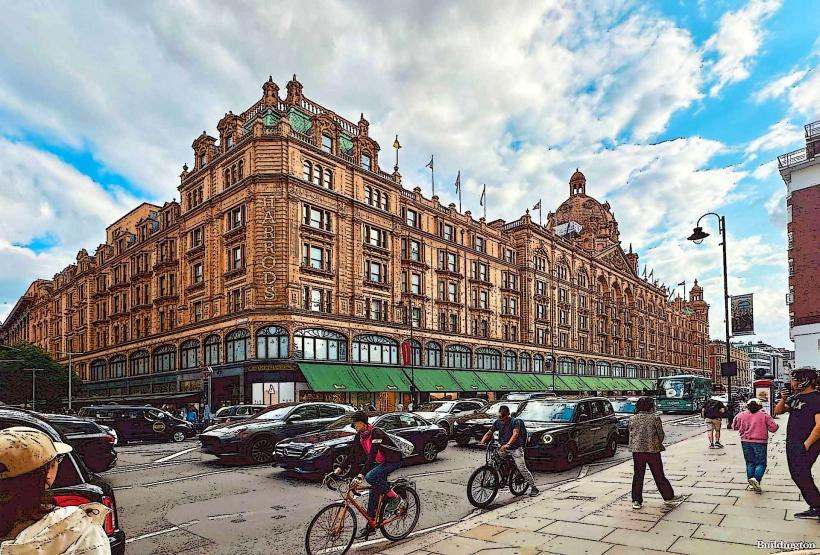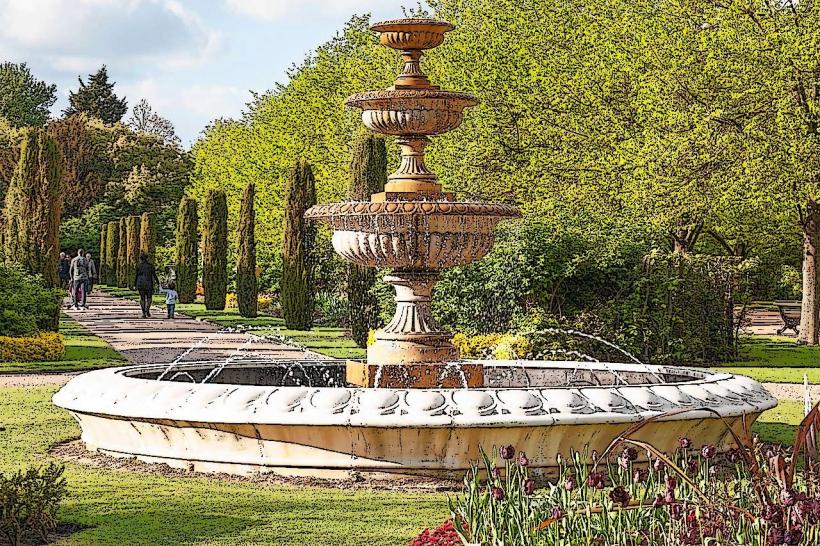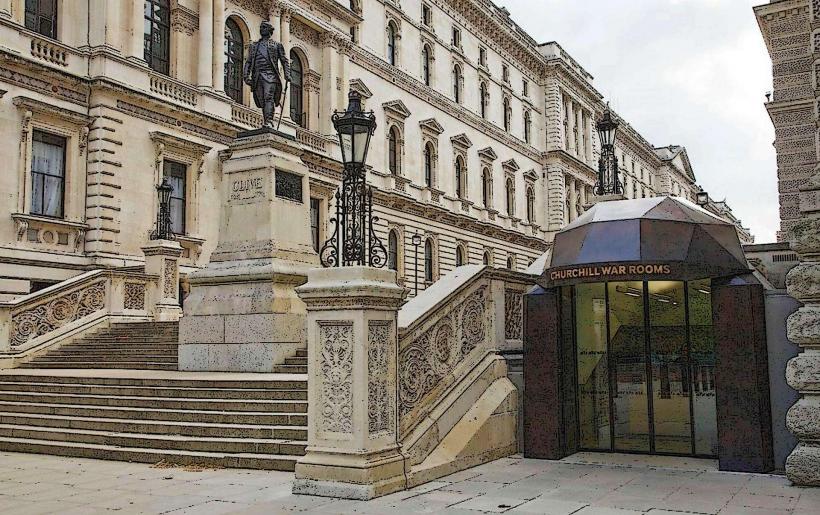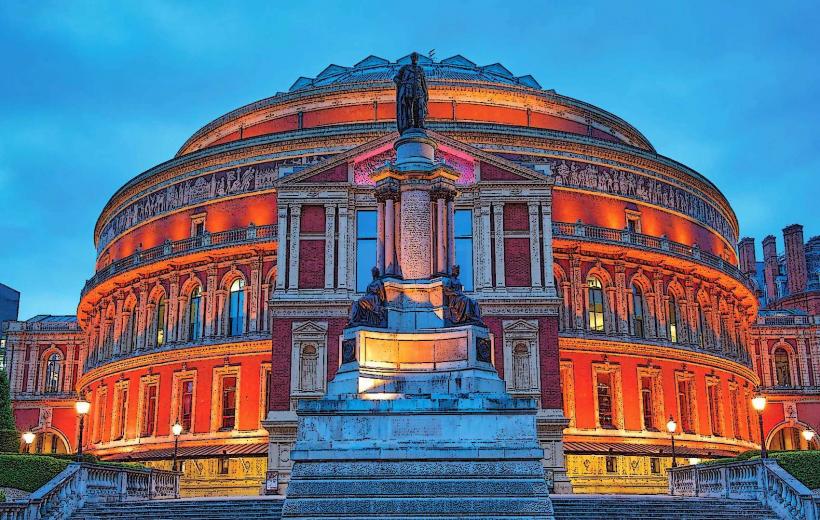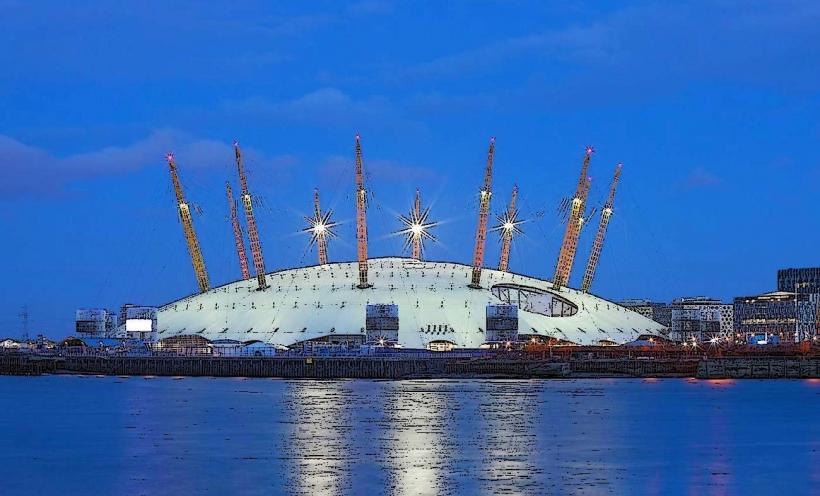Information
Landmark: The Tower of LondonCity: London
Country: United Kingdom
Continent: Europe
The Tower of London, London, United Kingdom, Europe
Overview
The Tower of London, a historic castle on the north bank of the River Thames, stands in the heart of the city, its stone walls weathered by centuries of wind and rain, subsequently through the centuries, it’s been a royal home, a fortress, a prison, and even a treasury where gold coins once clinked in the dim.Its fame rests on a rich history, a close tie to British royalty, and the way it still anchors the nation’s heritage-like a weathered crown on display for centuries, in addition first.William the Conqueror built the Tower of London in 1066, not long after his triumph at the Battle of Hastings, when the air still smelled of smoke from the fighting, besides the White Tower, the castle’s oldest heart, rose as a bold Norman show of strength over London and all of England.During the Middle Ages, its walls stretched outward, and before long it stood as a royal home, consequently it also served as the Royal Mint, and by the 12th century, the Tower had started doubling as a state prison.Over time, it gained a grim reputation for holding prominent prisoners, among them Anne Boleyn-Henry VIII’s ill-fated second wife-and Lady Jane Grey, the “nine-day queen” who never wore her crown, furthermore on Tower Green, many met their end-among them Thomas More and Catherine Howard.For centuries, the Crown Jewels glittered in the Royal Treasury here, a reminder of both the monarchy’s power and the nation’s heritage, alternatively in the 1500s and 1600s, the Tower served military needs, and by the 18th century it had given up its role as a royal home, becoming instead a fortified stronghold and formal armory.Today, the complex holds a cluster of buildings and thick stone walls, each with its own story, at the same time the White Tower, built by William the Conqueror, is the oldest part of the complex, its stone walls still cool to the touch after centuries, somewhat Thick stone walls once sheltered royal apartments and a chapel to St, in addition john the Evangelist, mildly Believe it or not, Around them rises a massive curtain wall with 21 towers-among them the Beauchamp and Salt Towers, where prisoners languished, and the Bloody Tower, where Edward V and his brother Richard were said to have met their end, not only that today, a modern gallery inside the Tower glitters with the United Kingdom’s Crown Jewels, including the Imperial State Crown, the Sovereign’s Sceptre, and St. Edward’s Crown, in addition for centuries, these treasures have played a role in crowning British monarchs.The Wakefield and St, besides thomas’s Towers once guarded the entrance to the Tower complex, and today the Wakefield Tower holds part of the Royal Armouries collection, where polished steel gleams under dim light.The Bloody Tower is notorious as the prison of two young princes in the 15th century-boys who vanished without a trace, as well as the Tower of London is also linked to tales of several notorious executions.Inside, the Jewel House holds the Crown Jewels, glittering under shining lights for visitors to admire from just a few feet away, as a result nearby, the Medieval Palace-restored in the White Tower-shows how royals once lived, from stone hearths to carved wooden chairs.Still, the fortress is best known for its long, grim history as a prison, simultaneously it housed everyone from petty thieves to society’s most powerful figures, men who once wore silk cuffs now staring at stone walls.Honestly, Among the most famous prisoners was Anne Boleyn, Henry VIII’s second wife and mother of Queen Elizabeth I, who spent her final days behind the Tower’s crisp stone walls before her beheading in 1536, not only that thomas More, a devout Catholic and former Lord Chancellor, met a similar fate in 1535 after refusing to recognize Henry as head of the Church of England.Lady Jane Grey, England’s tragic “nine-day queen,” was jailed after her brief reign and executed for treason in 1554, as a result then there were the young Princes in the Tower-Edward V and his brother Richard-locked away in 1483 and never seen again, their disappearance still shrouded in mystery.From the 1200s onward, the Tower also served a quieter purpose, stamping the Kingdom’s coins in its role as the Royal Mint, meanwhile the Mint kept striking coins at the Tower until the 19th century, and even now the location carries the weight of British coinage and the long shadow of royal currency.Frankly, Five, to boot guarding the Tower, the Yeoman Warders-better known as Beefeaters-stand watch in their crisp red-and-gold uniforms, serving as the Tower of London’s ceremonial guards.They handle a variety of tasks, from leading visitors past weathered stone archways to taking part in royal ceremonies, likewise the Beefeaters stand among the Tower’s most famous sights, their red coats catching the eye from across the courtyard.You can only become a Beefeater if you’ve spent at least 22 years in the British Armed Forces and reached the rank of sergeant major - the kind of service that leaves your boots worn smooth, at the same time each night, the Beefeaters carry out the Ceremony of the Keys, walking the dim stone paths to lock the Tower gates and make sure it’s sealed tight until morning.For more than 700 years, the ceremony has taken site each night, torches flickering against the stone walls, what’s more according to legend, if the Tower’s ravens ever fly away, the monarchy-and the kingdom itself-will crumble.To prevent this, the Tower always keeps several ravens under the watchful care of the Ravenmaster, who checks their food and feathers each day, as a result the site also hosts lively historical reenactments-torches flicker during Guy Fawkes Night on November 5-and other royal celebrations that make its long history feel alive.Visitors can join a guided tour led by Yeoman Warders or wander the grounds at their own pace, not only that guided tours often weave gripping stories with live reenactments of the Tower’s past, from solemn executions to the uncertain fates of famous prisoners.Schools can tap into its rich educational programs, where students explore British history through hands-on exhibits and activities, subsequently in the Crown Jewels Exhibition and the Armouries Collection, visitors stand inches from glittering coronation crowns and ancient swords, reading detailed notes or trying interactive displays.Believe it or not, The Tower of London remains one of Britain’s most iconic landmarks, steeped in royal legacy, political intrigue, and centuries-aged drama, then whether you’re drawn to its soaring stone walls, its grim past as a prison, or its modern role as a royal emblem, the Tower gives you a vivid peek into hundreds of years of British history.Blending vintage legends, royal ties, and rich culture, it still stands as one of London’s must-discover spots-where you can almost hear the echo of footsteps on ancient stone.
Author: Tourist Landmarks
Date: 2025-08-26

